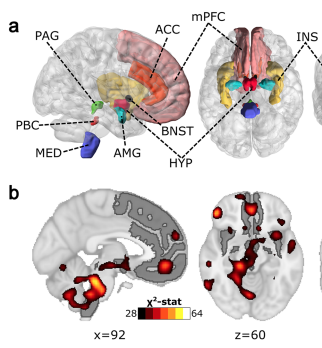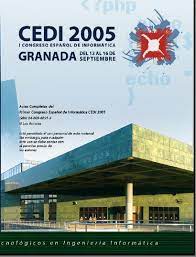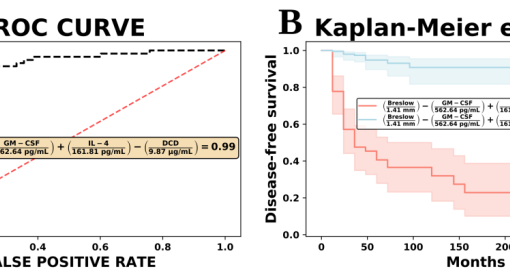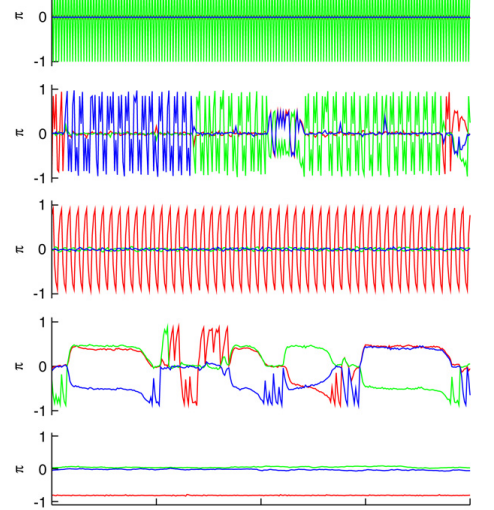Martin Iniguez, Antonio Jimenez-Marin, Asier Erramuzpe, Marian Acera, Beatriz Tijero, Ane Murueta-Goyena, Rocio Del Pino, Tamara Fernandez, Mar Carmona‑Abellan, Alberto Cabrera-Zubizarreta, Juan Carlos Gómez‑Esteban, Jesus M. Cortes and Inigo Gabilondo. Heart-brain synchronization breakdown in Parkinson’s disease. npj Parkinson’s Disease (2022) 64 [pdf]
Heart rate variability (HRV) abnormalities are potential early biomarkers in Parkinson’s disease (PD) but their relationship with central autonomic network (CAN) activity is not fully understood. We analyzed the synchronization between HRV and brain activity in 31 PD patients and 21 age-matched healthy controls using blood-oxygen-level-dependent (BOLD) signals from resting-state functional brain MRI and HRV metrics from finger plethysmography recorded for 7.40 min. We additionally quantified autonomic symptoms (SCOPA-AUT) and objective autonomic cardiovascular parameters (blood pressure and heart rate) during deep breathing, Valsalva, and head-up tilt, which were used to classify the clinical severity of dysautonomia. We evaluated HRV and BOLD signals synchronization (HRV-BOLD-sync) with Pearson lagged cross-correlations and Fisher’s statistics for combining windowlength-dependent HRV-BOLD-Sync Maps and assessed their association with clinical dysautonomia. HRV-BOLD-sync was lower significantly in PD than in controls in various brain regions within CAN or in networks involved in autonomic modulation. Moreover, heart-brain synchronization index (HBSI), which quantifies heart-brain synchronization at a single-subject level, showed an inverse exposure–response relationship with dysautonomia severity, finding the lowest HBSI in patients with severe dysautonomia, followed by moderate, mild, and, lastly, controls. Importantly, HBSI was associated in PD, but not in controls, with Valsalva pressure recovery time (sympathetic), deep breathing E/I ratio (cardiovagal), and SCOPA-AUT. Our findings support the existence of heartbrain de-synchronization in PD with an impact on clinically relevant autonomic outcomes





